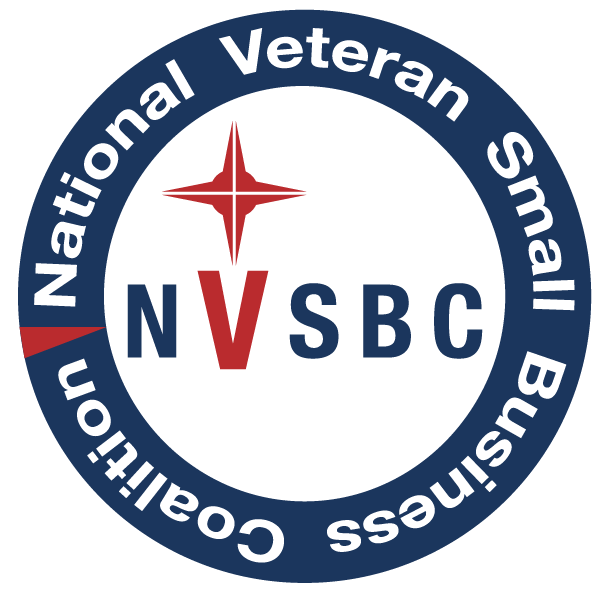It is more important for a leader to demonstrate Humility and get their hands dirty than it is to demonstrate their rank.
Digging foxholes is one thing all soldiers have experience doing. There are few things more mind numbing, back-breaking and lifesaving than digging a foxhole. If you add filling sandbags to build up walls and overhead protection, the misery and lifesaving properties only increase.
At one point during my time in the Army, our team was poised on the border of Iraq—waiting for the order to invade. We had armored vehicles. But, even those vehicles were not as safe as a well-made bunker. Therefore, we began to dig.
Our team of four dug, by hand, into the hard-packed sand and rock of the desert floor. I remember being anxious to get the bunker built. Why? Because we were within the range of Iraqi field artillery. The faster we dug the hole and filled sandbags, the better we’d sleep on our first night near the border.
As three of our teammates began digging, I grabbed sand bags and started filling them. Thirty minutes in, we took a break and switched roles. At one point, the senior, non-commissioned officer of the company approached and asked to speak with me.
“What are you doing, sir? That’s a job for the troops. You don’t have to do that.”
“First Sergeant, I understand. But, if I don’t pitch in, it takes away 25% of our manpower. I’m going to rely on that bunker just like those troops. If we are not done digging and get hit tonight, it will be my fault all because I thought my rank was more important than getting my hands dirty.”
He shrugged and walked away. Our team had our bunker completed before sunset. Luckily, we were not one of the multiple teams still digging holes and filling sandbags well after dark. The fact was, on some of those teams, the leader’s hands never got dirty.
Looking back, I realize each individual team in our unit had different leaders. This meant each of those teams had different cultures. But, there was one common denominator. The teams who had the best culture, the highest morale and had the best performance were the teams who had leaders with dirty hands that day. Those leaders demonstrated the fact it was not about them. They played a role on their teams—as do all people. Some had a rank which gave them authority to make certain decisions. In turn, each soldier had a role they were trained to fill. But in the end, the leader and the soldiers were all on the same team.
The leaders who got their hands dirty exercised Humility and built committed teams. They put the needs of the group ahead of their own needs and built units which not only respected each other’s roles, but also were willing to put aside those roles for the good of the team and the mission.
It is more important for a leader to demonstrate Humility and get their hands dirty than it is to demonstrate rank. We form committed teams and build a strong culture with high morale when we are willing to put aside our assigned roles and do some of the dirty work alongside our team.
Dig Deep Questions:
- How can you get your hands dirty with your team this week?
- What impact does a leader who will jump in and help out have on the morale of a team?
Taking responsibility and exercising Humility is a lifelong journey for not only you, but your team. We want to partner with you as you make Humility part of your organizational culture. When it comes to remembering the definition of Humility, let us help to make it easy to keep it visible.
Get your FREE Humility posters available for download at: https://www.becomingaleaderofcharacter.com/tools-resources







